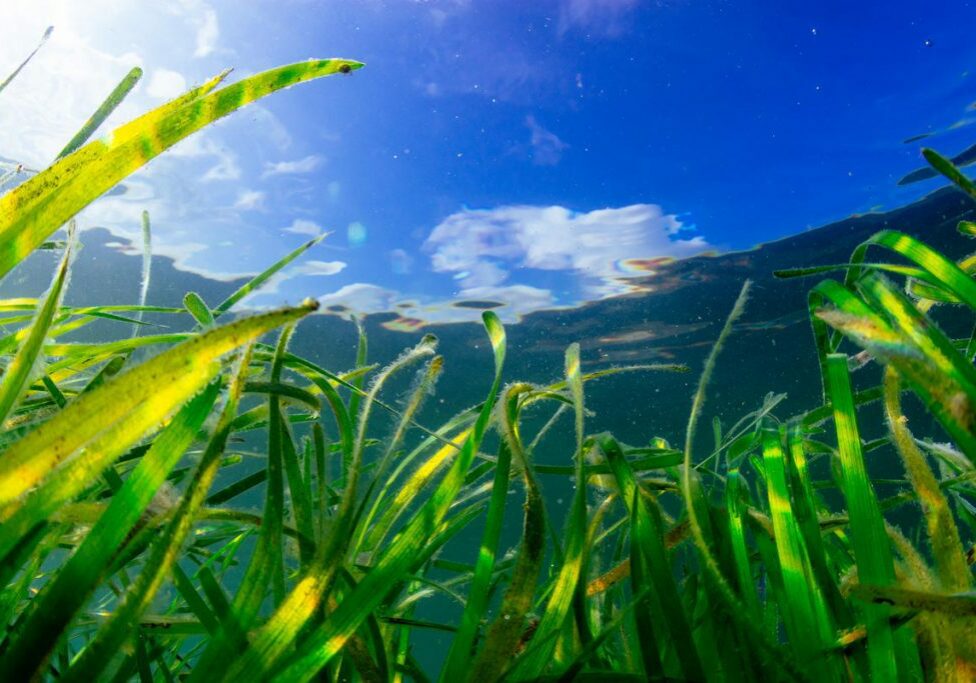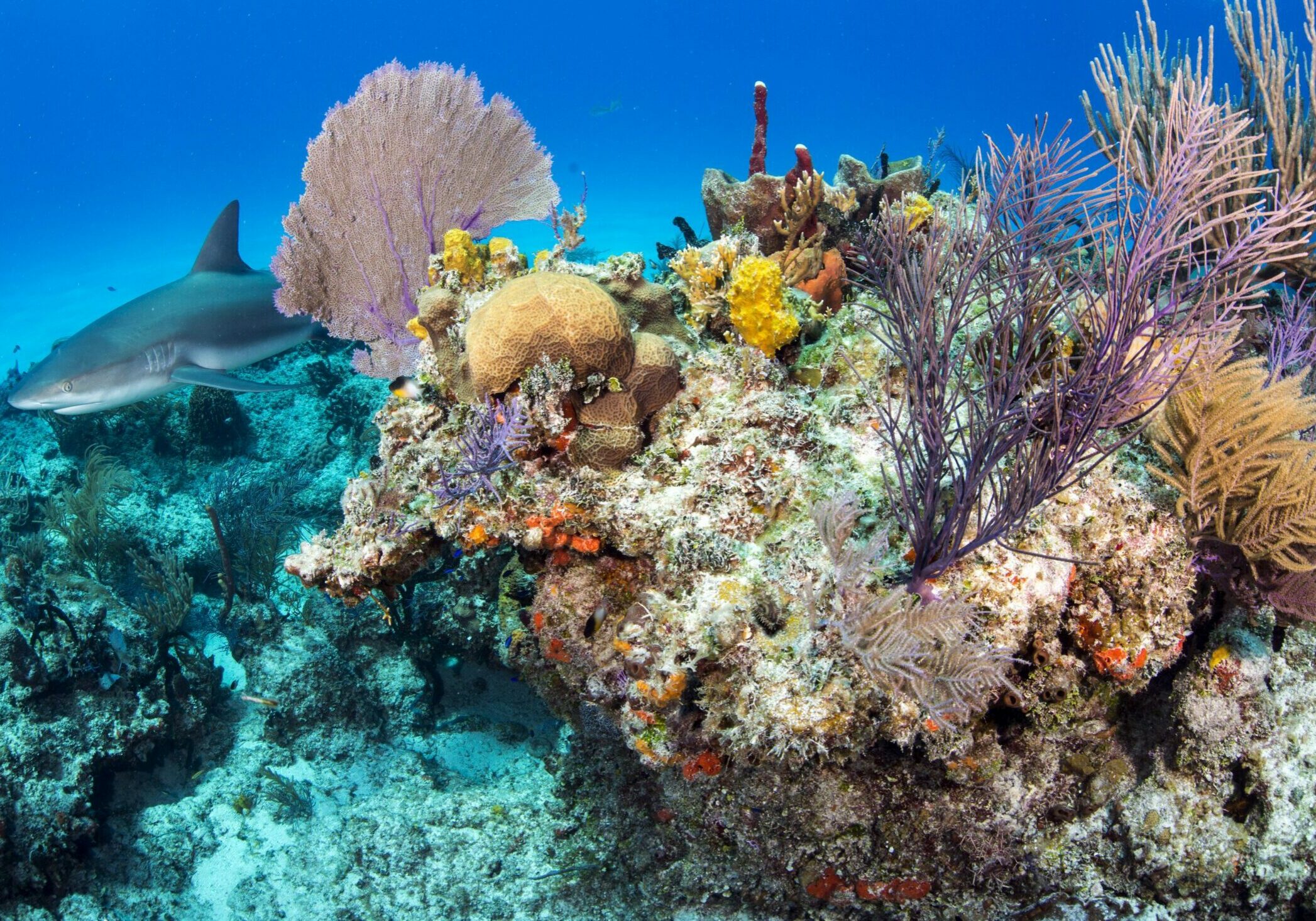We’ve all seen the devastating impact human activity can have on the natural world, but it doesn’t have to be this way. Using our My Footprint app is one easy step you can take to help our planet and keep yourself motivated to make a change. You can calculate your carbon footprint within the app, and then get practical advice on how you can introduce positive changes to your life through a variety of lifestyle challenges, from cutting down your plastic consumption to eating more plant-based meals.

FILTER OUT MICROFIBRES
Lots of our clothes are made of plastics such as polyester and nylon. Each time we wash them, these materials shed microfibres – tiny bits of plastic, thinner than a strand of hair. They’re so small they can pass through wastewater treatment plants into the sea. Not enough is known about the long-term impacts of microplastics on marine ecosystems – or on human health. Putting your clothes in a microfibre bag before you wash them can help reduce the amount of microplastics reaching the ocean.
SWITCH TO ECO MODE
Less than 1% of the world’s fresh water is available for people to use. And it’s not just hot countries that struggle – water scarcity is an increasing problem in the UK. Using less water reduces pressure on our rivers and lakes, and leaves more water to support wildlife. Running your dishwasher on its eco setting is a great step towards cutting water consumption. Make a bigger impact by ensuring it’s full before you run it, and don’t rinse your plates first.

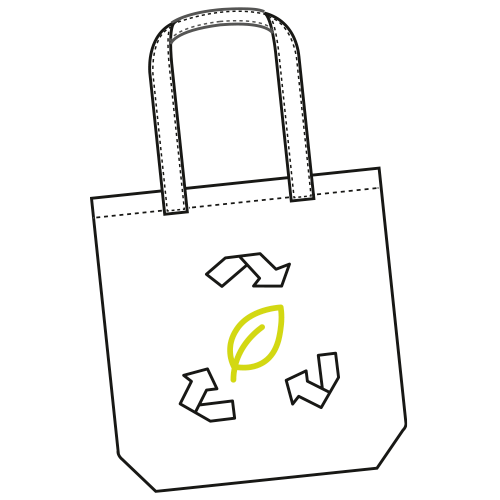
WASTE LESS, WANT NOT
Despite more of our packaging being recycled, the amount we send to landfill in the UK has gone up by 446,000 tonnes (15%) since 2013. Zero-waste shops are essential to the government’s plan to eliminate all avoidable plastic waste by 2042, with new stores launching each month. Less packaging also means lower costs, adding up to significant savings on your shopping. Search online for ‘zero waste’ or ‘waste-free near me’.
WASH COLDER
Lowering the temperature of your wash is a vital part of reducing the environmental impact of your laundry. Up to 60% of laundry’s carbon footprint comes from heating water. Even slightly cooler water can save a lot of energy, and choosing a quick wash cycle will maximise your energy saving.
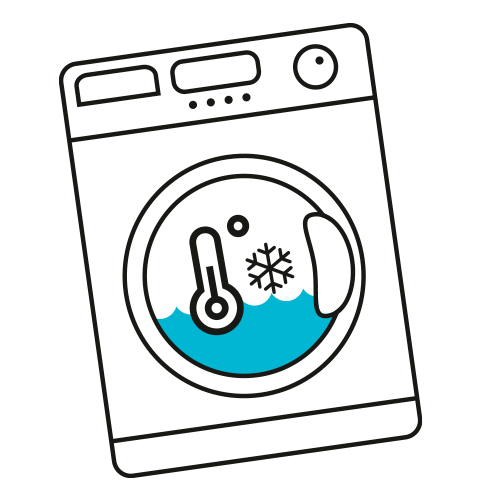
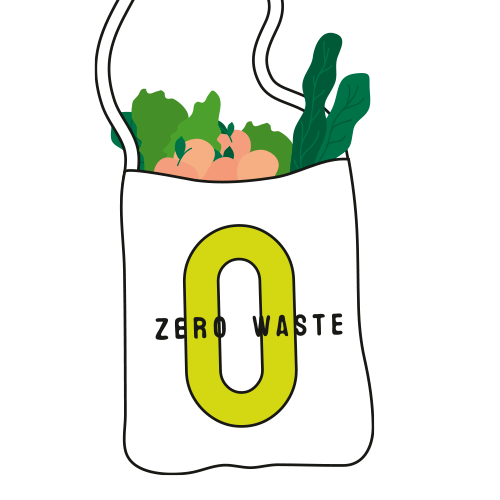
FIGHT FOOD WASTE
An incredible 33% of food is wasted. In the UK, that’s 4.8m tonnes every year. Discarded food is one of the biggest sources of the greenhouse gas methane, as it rots in landfill. And when we waste food, we’re wasting the energy used to grow, transport and package it. So see how empty your fridge can be before buying more food. Planning meals will minimise food waste and maximise your budget.
TRY PLANT-BASED MILK
Plant-based milks made from soy, oats, rice, almond and coconut create only a third of the CO2 emissions of cow’s milk. They also use less land, and don’t produce harmful methane gas. Using plant-based milk in place of cow’s milk, some or all of the time, will reduce your carbon footprint and you might find a new favourite. Why not try the full range of plant-based milk substitutes and see which one you prefer?
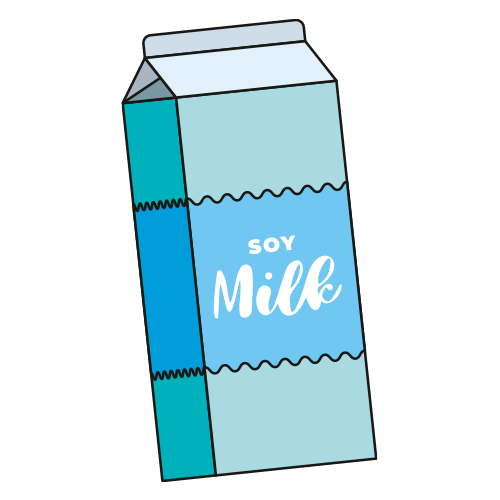

SHAKE UP YOUR MEALS
Around 75% of the world’s food comes from just 12 plants and five animal species. This places unnecessary demand on our food system, making it more vulnerable to disease, pests and the effects of climate change. By eating a more varied diet, you can help relieve the pressure on our ecosystems. You might even discover a new favourite meal. If you’ve got kids, why not let them choose to try a recipe they fancy?
FASHION STATEMENT
Avoiding synthetic materials in favour of natural fibres such as cotton will help you have a more sustainable wardrobe. Many manmade fabrics are infused with chemicals. They also have a short lifespan. Even better, organic cotton certification doesn’t allow the use of toxic chemicals or genetically modified organisms. Energy demand for organic cotton is also 62% lower than that of regular cotton. Buying organic cotton tells manufacturers that you want them to make better choices.
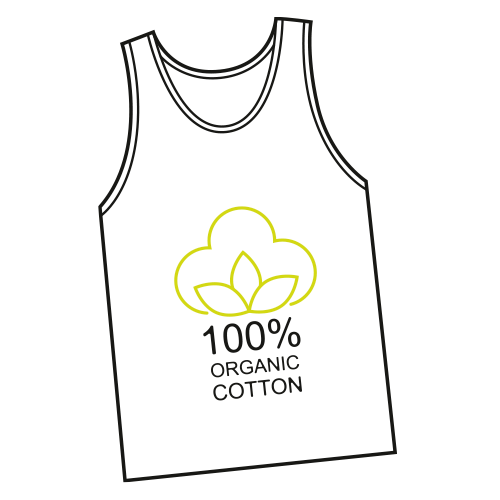

GIVE IT A SECOND LIFE
Did you know it takes up to 2,700 litres of water to produce the cotton in a single T-shirt? Or that in 2019 we generated 22.1 million tonnes of waste and less than half of that was recycled (just 46%)? By reusing items and giving them a new life, you’re not just saving money but helping the planet too. So turn that T-shirt into a tote bag, or a wine crate into a footstool. There are thousands of creative ideas for ‘upcycling’ online. What will you make?
Go greener every day
Download the My Footprint app to find great ideas for everyday eco-swaps, and track your progress towards a more sustainable life.
ALL IMAGES © GETTY IMAGES
More to explore
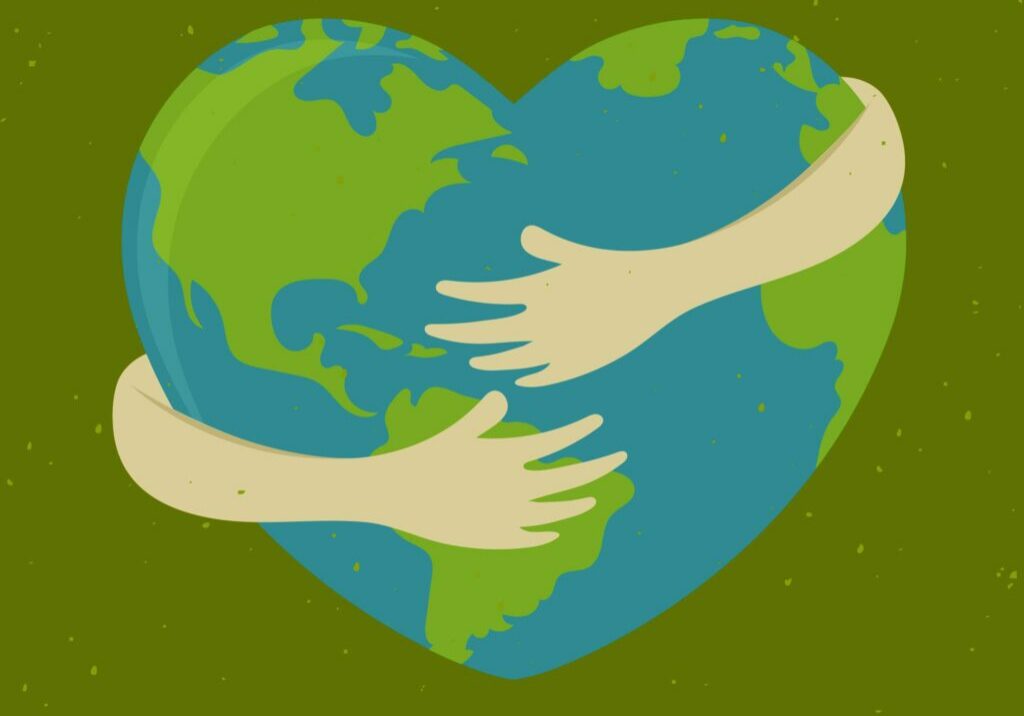
Everyday ways you can help the planet
You’re already a hero to us, but are you a green hero as well? Follow our top tips to enjoy an even more sustainable lifestyle
